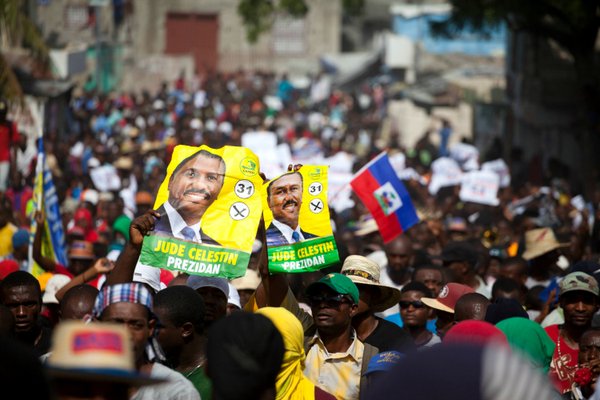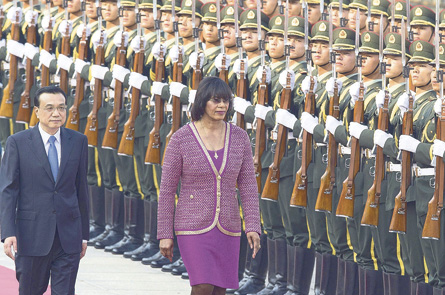
Source: Tony Witton, Associated Press.
“I gained an education, I was able to attend private school, I’m a college graduate, I have my master’s degree, I am a teacher. I have two beautiful children. I have a husband,” she said. “And I lost my family…I never had that choice, but that’s what I did.”
Article (re)defined by GT.
Summary:
Haiti has had a long history that raises numerous questions around the area of adoption. Mariette Williams’ story is a prime example of why there’s so many questions on this issues. Williams who lived in a Haitian orphanage and was adopted by a Canadian couple in the 1980’s goes on a quest to find her birth family after 30 years and discovers the hidden truths about her adoption and life before moving to the U.S.
Comments:
There are so many issues with this story that I don’t even know where to begin. According to Ben Fox, from the Associated Press, in her quest to find her birth family, Williams discovered that her birth mother didn’t actually consent to giving up her daughter for adoption. In fact, she didn’t even know that a family had come to take her daughter away to the United States until she arrived at the orphanage and found that her daughter had disappeared. Stories like this used to happen too often in Haiti, until after the 2010 earthquake when the government decided to tighten their protocol for adoptions. Continue reading









